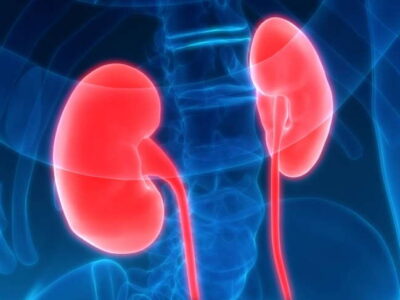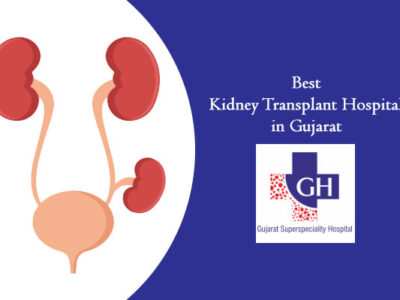Urine consists of many dissolved minerals and salts. When urine has high levels of these minerals and salts, it forms stones. Kidney stones can start small but can grow larger in size. Some stones stay in kidneys, and do not cause problems whereas certain stones travel down the ureter and if it gets lodges in the ureter, it blocks the urine flow from that kidney and causes pain.
The kidneys, ureters and bladder are part of the urinary tract. The urinary tract makes, transports, and stores urine in the body. The kidneys make the urine from water and the waste in the body. The urine then travels down the ureters into the bladder, where it is stored. Urine leaves the body through urethra. Kidney stones form in kidneys. Some stones move from kidney to ureter. If the stone leaves the kidney and gets stuck in the ureter, it is called urethral stone.
What are the causes?
Low Urine Volume- a major risk factor for kidney stones is constant low urine volume. Low urine volume may be due to dehydration from hard physical exercise, working or living in hot conditions, or not drinking enough water. Increasing fluid intake will dilute the salts in urine and reduce the risk of formation of stones. Adults who form stones should drink at least 2.5 liters of urine every day. On an average this will take 3 liters of fluid intake per day.
Diet- one of the most common cause of calcium kidney stone is high levels of calcium in urine. High urine calcium levels may be due to how the body handles calcium. Too much salt in diet is a risk factor of calcium stones. This is because too much salt is passing into the urine, keeping the calcium being reabsorbed from the urine into blood. A diet high in animal protein, such as beef, fish, chicken can raise acid levels in the body and in urine. The breakdown of meat into uric acid also raises the chance of calcium and uric acid stones formation.
Bowel Conditions- certain bowel conditions that cause diarrhea (Crohn’s disease or ulcerative colitis) or surgeries (such as gastric bypass) can raise the risk of formation of calcium oxalate kidney stones.
Obesity- it is major risk factor for kidney stones. Obesity can lead to changes in acid levels leading to stone formation.
Medical Conditions- certain conditions can lead to kidney stones. Abnormal growth of the parathyroid glands which control the calcium metabolism, can cause higher levels of calcium in blood and urine. Some inherited disorders can also make certain types of kidney stones like cystinuria and primary hyperoxaluria.
Medications- some medications, and calcium and vitamin c supplements, may increase risk of kidney stone formation.
Family History- chances of kidney stones is much higher if you have a family history of stones.
Symptoms of Kidney Stones
common symptoms of kidney stones include sharp, cramping pain in the back and side. This feeling often moves from lower abdomen to the groin region. Other symptoms include-
- Increased frequency of urination
- Burning sensation in urine
- Feeling of intense need to urinate
- Nausea and vomiting
- Urine that is dark or red due to blood
When To See A Doctor
It is important to address any concerns regarding kidney issues as soon as possible. If you are experiencing symptoms like persistent back pain, difficulty urinating, and swelling, you must visit the best urologist in Vadodara. Specialists like Dr. Pragnesh Bharpoda at Gujarat Kidney Hospital offer expert advice and treatment options tailored to individual needs, ensuring the best possible outcomes for patients with kidney-related issues.
Diagnosis
There are various tests that can be carried out which includes-
- Blood tests to check calcium, phosphorus, uric acid levels and electrolytes
- kidney function tests
- urinalysis to see for crystals and red blood cells in urine
- stone examination to determine the type
Stones or a blockage can be seen on-
- abdominal X-rays
- abdominal CT scan
- kidney ultrasound
- retrograde pyelogram
Prevention
- drink plenty of fluids to produce enough urine
- take medicines or make changes in diet for some types of stones
- your provider may want you to do blood and urine tests to help determine proper prevention steps.



